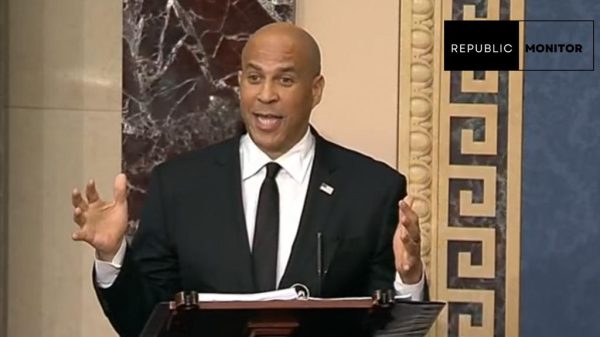In a noteworthy development, Oklahoma lawmakers recently passed the Caring for Caregivers Act, paving the way for hundreds of Americans to potentially receive up to $3,000 in tax credits. This new tax credit is specifically designed to support individuals providing care to elderly family members, offering financial relief for a range of caregiving-related expenses.

Alert: New Tax Credit: Up to $3,000 Could Be Received by Hundreds of Americans for Caregiving
Supporting Elderly Care
The tax credit aims to assist those in need of funds to contribute to the care of their elderly loved ones. Eligible individuals can utilize the credit for various purposes, including home improvements to better meet health or mobility needs, acquiring equipment for daily living activities, and covering home health care expenses such as aides, respite care, adult day care, personal attendants, and technology.
Eligibility Criteria
Elderly family members aged 62 or older, requiring assistance with at least two daily tasks such as ambulating, feeding, personal hygiene, dressing, continence, and toileting, fall within the scope of the tax credit. Representative Tammy West, who played a key role in the bill’s development, drew inspiration from her personal experience of caring for her grandparents, emphasizing the importance of easing the physical, emotional, and financial burden of caregiving.
Financial Relief and Categories
While the tax credit is capped at $2,000 for most residents, veterans and individuals diagnosed with dementia may receive up to $3,000. The allocated funds, currently capped at $1,500,000, originate from the Parental Choice Tax Credit, with expectations of a $50 million increase in 2025.
Encouraging Utilization
Representative West encourages constituents to take advantage of the bill by saving receipts, providing a gauge for future funding needs. The initiative aligns with broader changes, as the IRS announced a 5.4% shift in tax brackets for 2024, allowing more Americans to retain a higher percentage of their income.
Impact on Tax Brackets
Effective from January, the federal income tax brackets and standard deductions will see an increase, offering a buffer against inflation and supporting greater purchasing power for earners. The changes, announced in November, are designed to strike a balance between tax obligations and the economic challenges posed by inflation.
Conclusion
In summary, the Caring for Caregivers Act represents a positive step toward recognizing and supporting the vital role of caregivers. The tax credit not only provides financial relief but also emphasizes the value of caregiving within families. As the IRS introduces broader changes to tax brackets, the collective impact aims to foster a more financially resilient and empowered community.
Read Also – Exposing the January 2024 Stimulus Checks: Enhancing Economic Alleviation
















